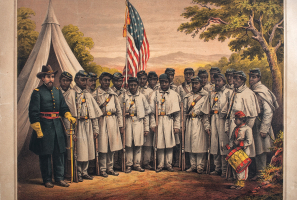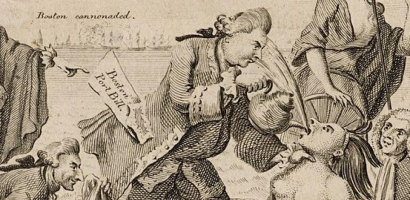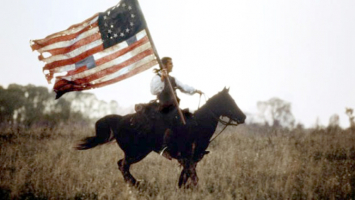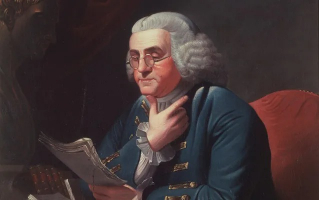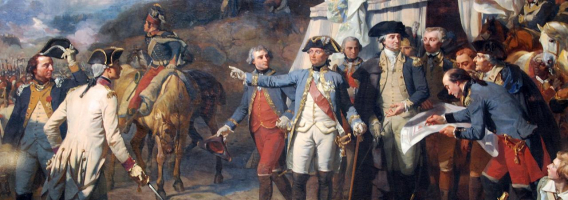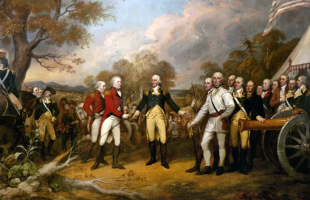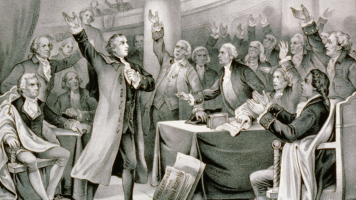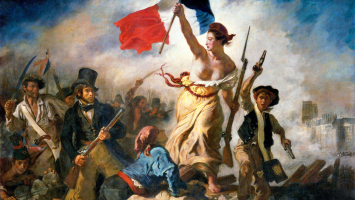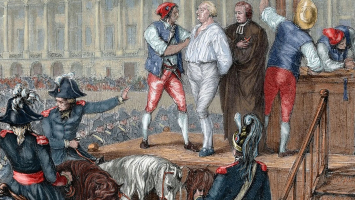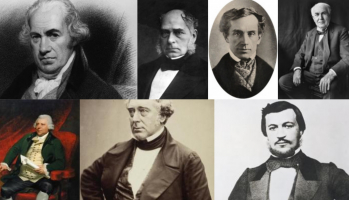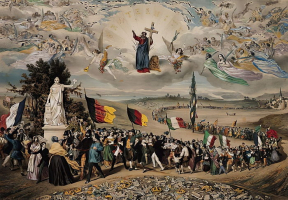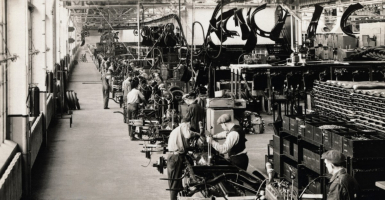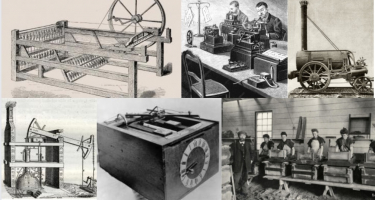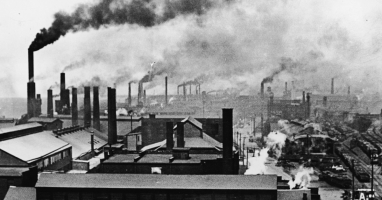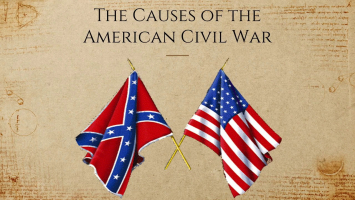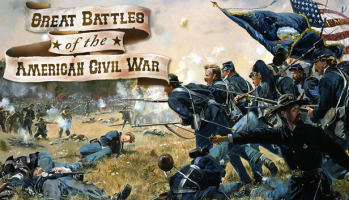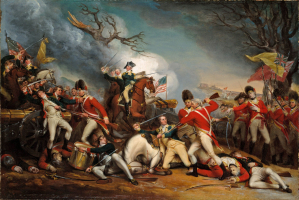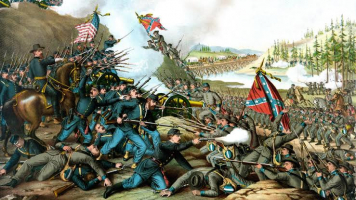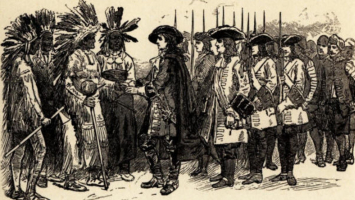Top 5 Black Spies of the American Revolution
It has been over 250 years after the events of the American Revolution, and there is still so little known about the enslaved and free Black spies who risked ... read more...their lives for the British and patriot armies. Even the earliest source of information about the activities of African Americans during the war, William C. Nell’s The Colored Patriots of the American Revolution, published in Boston in 1855, fails to mention activities of espionage in its pages. The Black Americans who spied during the war contributed greatly to the victory despite receiving such little rewards, therefore their life should be acknowledged, and their stories should be heard. For that reason, Toplist will introduce to you some of the black spies of the American Revolution.
-
Quaco is credited to be the first Black spy of the American Revolution. He was an enslaved man in Newport, Rhode Island who was enslaved by a white loyalist named James Honeyman. That is why he is sometimes referred to as Quaco Honeyman.
The British controlled Newport at various points during the war, and the enslaved African Americans who lived there were frequent and astute observers of both the British and American officers, frequently overhearing critical and top-secret operations. In the case of Quaco, historians speculate that his loyalist owner may have hired him out to British and loyalist officials and soldiers. One early history of the war in New England written in 1839 includes an account of what may describe Quaco’s activities in giving intelligence regarding General Richard Prescott: “Quam [sic], the negro who had been employed in the kitchen of Mr. Overing, had carried a very perfect account of the situation of the General in the house.” Soon after in 1777, the general was captured by patriot forces.
The intelligence given by Quaco enabled the raid to be successful. The Rhode Island General Assembly acknowledged as much in 1782, stating “the information he (then) gave rendered great and essential service to this state and the public in general.” Quaco’s situation is an interesting one, wherein during the course of the war he petitioned the Rhode Island General Assembly to change his legal status from that of enslaved to free. Owing to the intelligence he provided on behalf of the patriot cause—especially in the face of his owner’s loyalist ideology - Quaco was granted his freedom.Name: Quaco, Quaco Honeyman
Born: 1781
Died: 1815
Contributions: Gave intelligence to British and loyalist officials and soldiers in Newport, Rhode Island
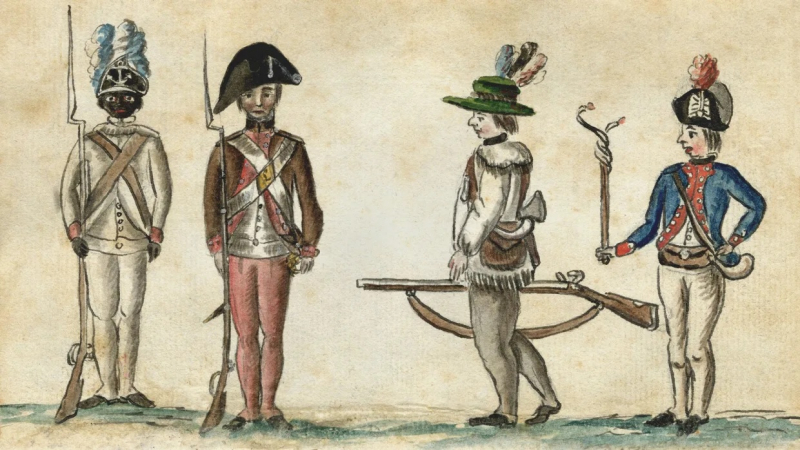
Photo: www.history.com 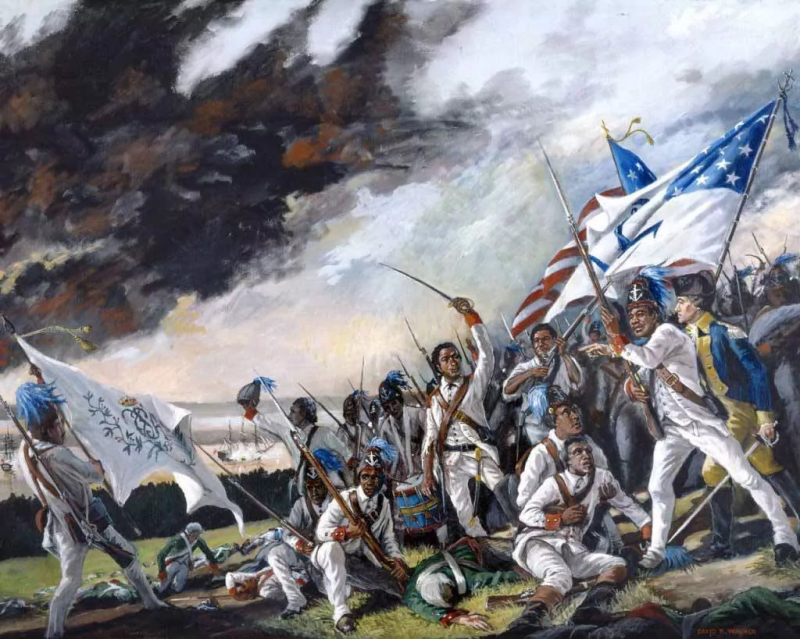
Photo: revolutionarywar.us -
Cato, or Cato Howe was an enslaved courier and Black spy of the American Revolution. Cato's enslaver, Hercules Mulligan, was an Irish-born tailor who immigrated to New York City in 1746, and also happened to be a spy whose activities are quite well-known. Hercules Mulligan gathered intelligence through his personal connections as well as clients at his New York City tailoring shop, and Cato carried the information on horseback under the guise of delivering clothing or packages to Continental Army officers and other revolutionaries, including Alexander Hamilton and George Washington, and often through British-held territory.
Cato's messages are credited with likely saving Washington's life on two occasions. Other than his intelligence activities with Mulligan, little definite information about Cato is available, though an excavation of his home after the war provides historians with more information about his life after the war.
After his service, Cato returned to Plymouth, Massachusetts. In 1792, the town of Plymouth issued a decree stating that whosoever could clear a particular patch of land within three years could claim it. Cato, joined by Prince Goodwin, Plato Turner, and Quamany, took up the challenge and established a small community on their new property, calling it Parting Ways or New Guinea. Cato lived out the rest of his days there with his first wife Althea, who died around 1820, and then his second wife, Lucy Prettison. Cato passed away in 1824 and is buried on the land that he owned in Plymouth.Name: Cato, Cato Howe
Born: Unknown
Died: 1824
Contributions in the American Revolution: Delivered Hercules Mulligan's intelligence, likely saving Washington's life on two occasions
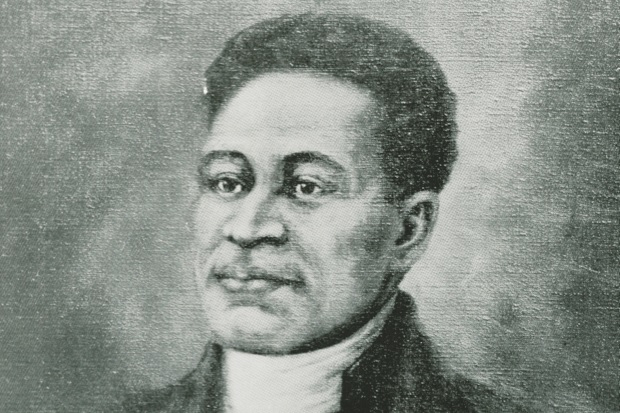
Photo: www.historyextra.com 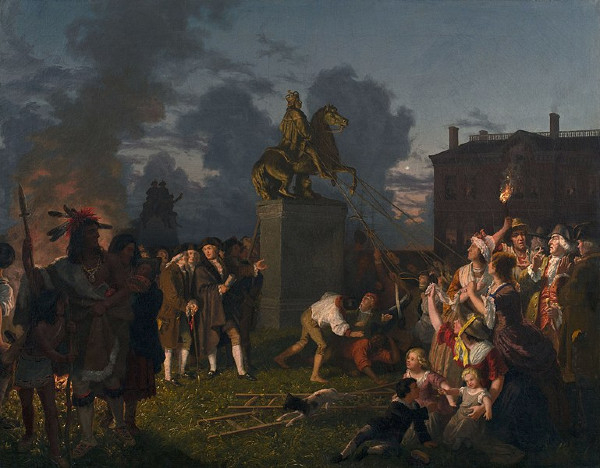
Photo: samanthawilcoxson.blogspot.com -
James Armistead was perhaps the most well-known Black spy of the American Revolution. Armistead was also a double agent. After joining the Continental Army, he was assigned to Lafayette, who became aware of Armistead’s extensive local knowledge and, as a regular visitor to the city, his familiarity with the British garrison in Yorktown.
Posing as a runaway enslaved person, James Armistead crossed British lines into Yorktown and began collecting intelligence for Lafayette. To discourage local British troops from being diverted to Yorktown, he also passed disinformation about non-existent Continental forces – cleverly prepared in Lafayette’s own handwriting for the British to recognize. That ploy, along with Washington’s own efforts to deceive British forces in New York City and tie down the main army, effectively deterred the British from relieving or reinforcing the besieged garrison at Yorktown.
After the war, although Virginia enacted a manumission act in 1782 allowing for the freedom of any slave who had fought in the Revolution, James Armistead remained the property of William Armistead. This was because according to the law at the time, James had served as a spy, not a soldier, and did not carry a gun, therefore he wouldn't be given freedom. However, James persisted and succeeded with the support of William Armistead – again in 1786 a member of the House of Delegates – and Lafayette's personal 1784 testimonial as to James's service. On January 9, 1787, Virginia's governor signed a petition that both houses of the assembly had passed, and Virginia later compensated Armistead for James' appraised value. Upon receiving his freedom, James added "Lafayette" (or "Fayette") as his surname to honor the French general.
During his lifetime, James Armistead's heroism was mentioned in a two-volume book of historical fiction by James E. Heath,Edge Hill: or the Family of the Fitz Royals.(1828) The French artist Jean-Baptiste Le Paon included a Black servant in French livery in a portrait he painted of the Marquis de LaFayette in 1785, which some think was intended to represent this man.Name: James Armistead, James Armistead LaFayette
Born: 1748 or 1760
Died: 1830 or 1832
Contributions in the American Revolution: Reported the activities of Benedict Arnold and Lord Cornwallis. Fed the British false information while disclosing very accurate and detailed accounts to the Americans.
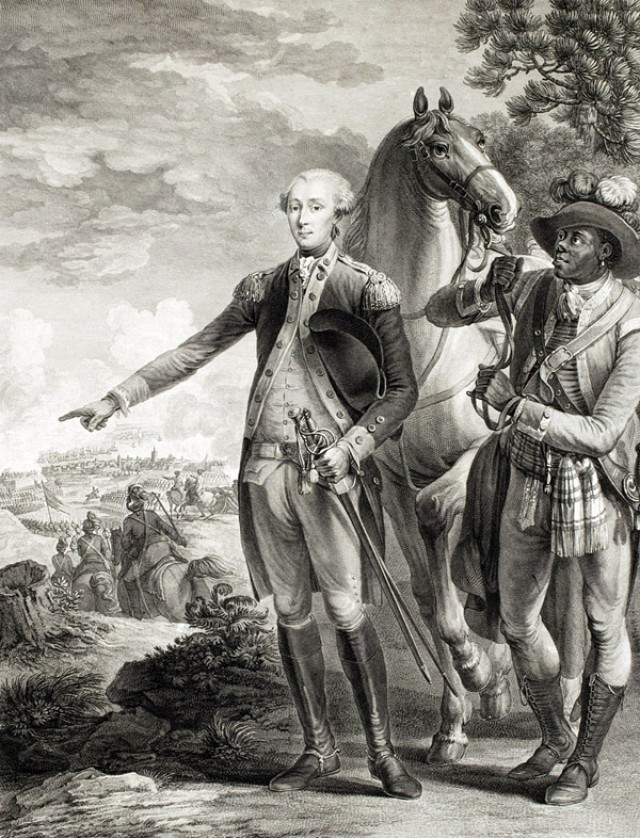
Photo: www.army.mil Video: Celtic Templar -
Saul Matthews was a slave of Thomas Mathews, and a Black spy of the American Revolution who spied for the Continental Army. He was also a Black spy that operated in the midst of the armies’ Yorktown campaign - the same campaign that James Armistead operated in. He spied on the British, obtaining valuable information for the Patriots.
Saul Matthews gathered information on Cornwallis’ army while the British moved closer to Yorktown on the eve of the Siege. Saul was recruited by Virginia militia colonel Josiah Parker, who later proclaimed that Saul “deserved the applause of his country.” Similar to James, though Saul provided crucial intelligence that ultimately led to a major and decisive patriot victory, he was not immediately granted freedom as The Virginia Assembly did not grant him freedom. Saul continued to be enslaved for at least a decade after the war.
In 1792, Saul Matthews successfully petitioned the Virginia General Assembly for freedom again. As a result of this, he was given his full freedom from slavery by the Virginia legislature in 1792: "In consideration of many very essential services rendered to this Commonwealth during the late war … full liberty and freedom … as if he was born free."Name: Saul Matthews
Born: Unknown
Died: Unknown
Contributions in the American Revolution: Spied on the British, obtaining valuable information for the Patriots; provided crucial intelligence that ultimately led to a major and decisive patriot victory.
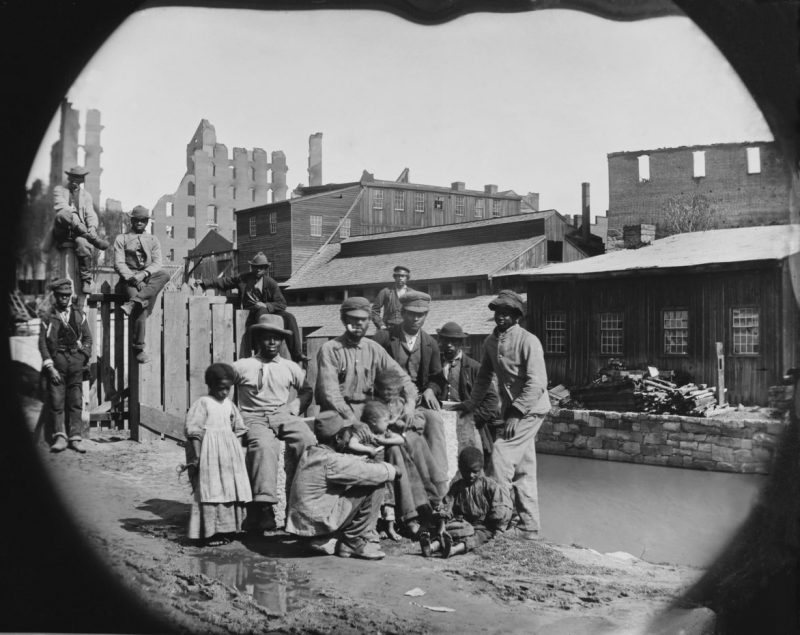
Photo: www.arkrepublic.com 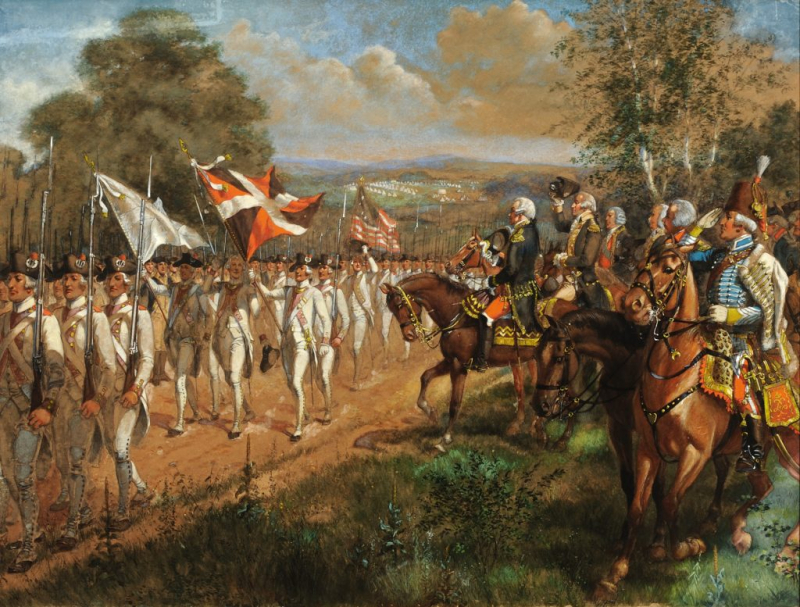
Photo: www.americanrevolutioninstitute.org -
The last Black spy of the American Revolution who contributed to the war by gathering intelligence as an enslaved black servant is Antigua. In 1783, his activities were honored by the South Carolina assembly in 1783.
Antigua “was employed for the purposes of procuring information of the enemy’s movements and designs,” by the former governor of South Carolina, John Rutledge. The legislature further testified that “Antigua always executed the commissions with which he was entrusted with diligence and fidelity, and obtained very considerable and important information from within the enemy’s lines, frequently at the risk of his life.” As for Saul Matthews of Virginia, Luther P. Jackson, historian of the black soldier in Revolutionary Virginia, wrote: "In 1781 during the campaign of the British in the vicinity of Portsmouth, Saul, at the risk of his life, was sent into the British garrison. . . . He brought back military secrets of such value to Colonel Parker that on the same night, serving as a guide, he led a party of Americans to the garrison. For his services as a spy and a soldier, such distinguished Army officers as Baron von Steuben, Lafayette, Peter Muhlenburg, and Gen. Nathanael Greene praised him to the highest."
Unlike other Black spies who served in the American Revolution war, Antigua was rewarded well for a black slave at the time. After the war ended, Antiqua was given his freedom, but the legislature went even further and granted freedom to his wife, Hagar, and their child.
Name: Antigua
Born: Unknown
Died: Unknown
Contributions in the American Revolution: Spied on the British, obtained very considerable and important information from within the British’s lines.
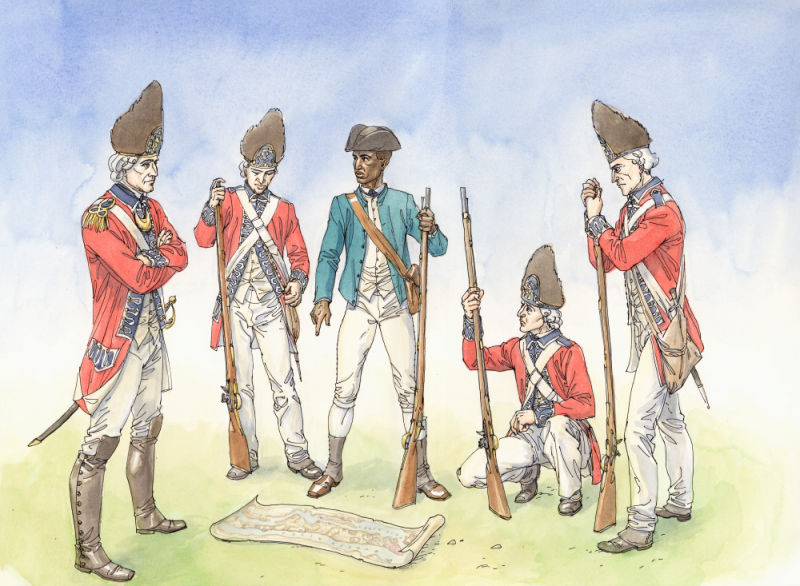
Photo: pennylibertydotcom.wordpress.com 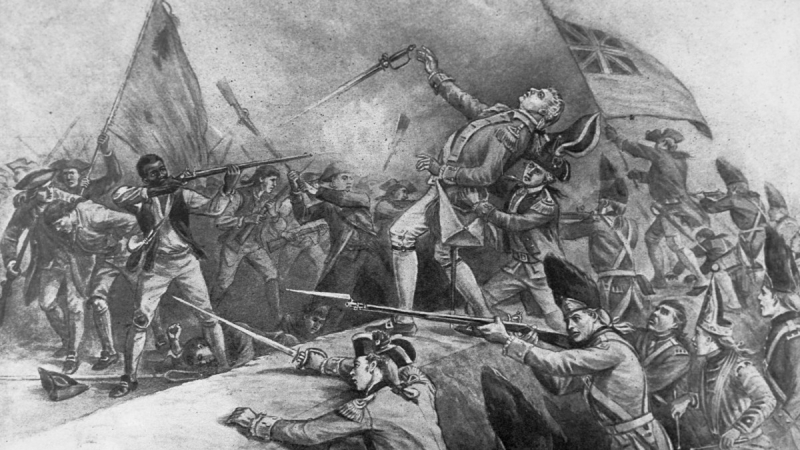
Photo: www.history.com







